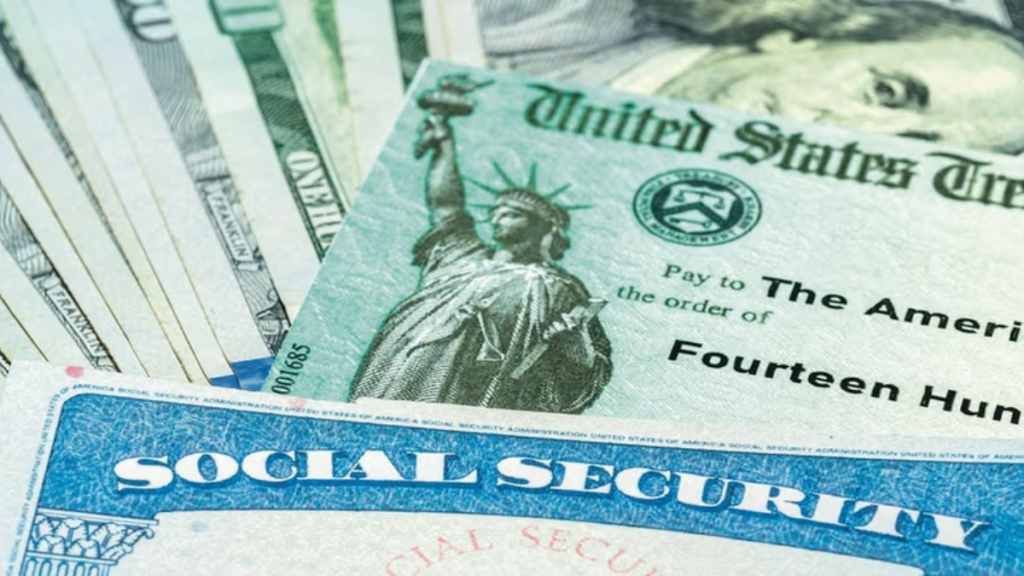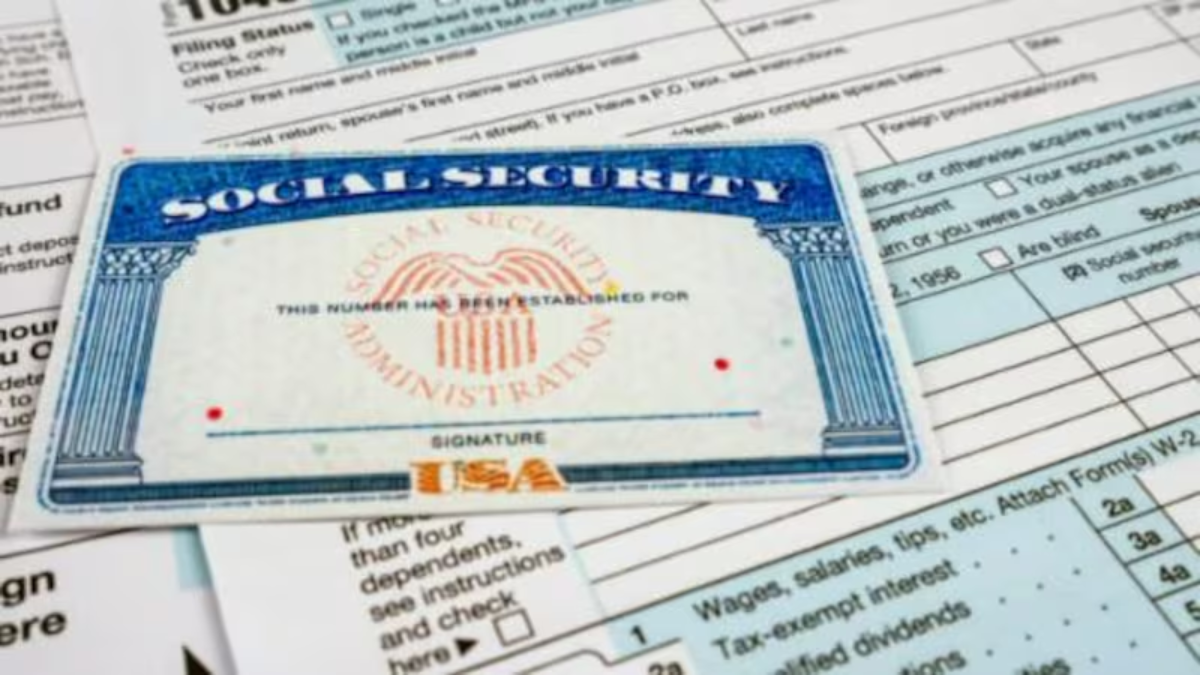The Social Security Administration (SSA) has issued a new emergency message that mandates withholding 50% of monthly Social Security payments from beneficiaries who have been overpaid, sparking concern among seniors, disabled individuals, and advocates.
The directive, known as EM-24026, outlines immediate steps SSA staff must take to address improper payments by automatically deducting half of a beneficiary’s monthly income, even if they were unaware of any mistake. The emergency message became effective in April 2025 and is intended to recover billions in misallocated funds due to administrative errors.
This sweeping action has triggered outrage from lawmakers and senior advocates, many of whom argue that punishing vulnerable populations for government mistakes is both unethical and financially devastating.
Why Are Social Security Beneficiaries Being Overpaid?
Overpayments from Social Security occur when the SSA sends out more money than a recipient was eligible to receive. These mistakes can stem from:
- Incorrect income or employment reporting
- Changes in disability status
- Administrative processing errors
- Delayed updates to recipient data
In some cases, beneficiaries are notified years later about overpayments and are suddenly asked to repay thousands of dollars. The new emergency policy intends to address these overpayments more aggressively—by withholding 50% of monthly benefits until the debt is resolved.
For more details about SSA’s debt collection policies, visit the SSA Overpayments Page.
How the 50 Percent Withholding Will Work
According to the emergency directive, the SSA will implement the following changes:
- A standard 50% withholding rate is now applied to most overpayment cases.
- The deduction will automatically occur unless the beneficiary contacts SSA to request a lower withholding rate or appeal.
- No prior consent is needed from the beneficiary under the emergency rule.
- If the recipient fails to respond to notices, the deduction begins automatically.
Previously, the SSA often allowed recipients to negotiate a much smaller monthly repayment, sometimes as low as 10% of their check. This emergency message bypasses that process, prioritizing rapid recovery over personalized repayment plans.

Who Is Most Affected by the Emergency Policy?
The groups most likely to be impacted include:
- Disabled recipients who rely on Social Security Disability Insurance (SSDI)
- Low-income seniors receiving Supplemental Security Income (SSI)
- Retirees who may not be aware of overpayment due to SSA clerical mistakes
For individuals on fixed incomes, losing half of a monthly check can be catastrophic—forcing difficult decisions about rent, food, or medication.
According to recent reports, over one million Social Security recipients are facing overpayment demands, and many are now seeing large deductions without warning.
Political and Public Backlash Grows
The emergency directive has already drawn the attention of lawmakers on both sides of the aisle, with several members of Congress urging the SSA to halt the 50% withholding policy and explore fairer alternatives.
Senator Sherrod Brown (D-OH), chair of the Senate Subcommittee on Social Security, stated:
“It is unacceptable for the federal government to punish Americans for errors they did not cause. We must provide an immediate remedy.”
Advocacy groups such as AARP and The National Committee to Preserve Social Security and Medicare are demanding that the SSA suspend the emergency policy and implement a more humane appeals process for overpaid recipients.
Public outcry has also flooded social media, where stories of seniors losing half their income have gone viral. The message is clear: Americans want accountability from the SSA, not punishment of beneficiaries.
What You Can Do If You’re Affected
If you’ve received a notice of overpayment or see a reduction in your Social Security check, here’s what you can do:
- Request a Waiver: If the overpayment was not your fault and repaying it would cause hardship, you can request that SSA waive the debt.
- Appeal the Decision: File a formal appeal if you believe the overpayment notice is incorrect.
- Request a Lower Withholding Rate: Contact the SSA to ask for a lower monthly deduction, often available based on financial need.
- Monitor Your MySSA Account: Keep track of benefit changes at ssa.gov/myaccount.
Acting quickly can improve your chances of avoiding large deductions or stopping future payment disruptions.
Conclusion: A Policy with High Stakes and Heavy Consequences
The Social Security Administration’s emergency message to withhold 50% of monthly payments for overpaid recipients has placed millions of Americans under financial strain. While the agency’s intent is to recoup funds efficiently, the human cost of the policy is becoming increasingly difficult to ignore.
Lawmakers, advocacy organizations, and affected citizens are now calling for urgent changes—demanding fairness, transparency, and accountability from an institution millions rely on for survival.
For the latest updates and guidance on Social Security benefit changes and overpayment rules, visit the official Social Security Administration website.
Disclaimer – Our team has carefully fact-checked this article to make sure it’s accurate and free from any misinformation. We’re dedicated to keeping our content honest and reliable for our readers.
